People
|
Dr. Renne is a globally recognized expert in Transit Oriented Development (TOD), including sustainable and resilient cities, with a focus on land use and transportation planning and policy. He is an expert in evacuation planning and coined the term “carless evacuation” in 2005. Dr. Renne played a leadership role in the disaster recovery of New Orleans post-Hurricane Katrina.
Dr. Renne serves as a Professor in the Department of Urban and Regional Planning, where he served (2016-2023) as coordinator of the undergraduate programs. |
|
Dr. Serena Hoermann is CUES Associate Director, dedicated to research, engagement, and administration. Her research interests include community displacement, resilience, and climate gentrification. She administers the FAU Partnership for Sustainable Communities. She joined URP/CUES in 2017 to support communications and community engagement efforts. One current project, the Urban Stories Festival, uses storytelling to build community. In 2014-2016 she supported FAU's Florida Center for Environmental Studies (CES) as coordinator for the Florida Climate Institute. Google Scholar |
|
Wen Zhang, Ph.D., serves as a Postdoctoral Research Fellow for the Center for Equitable Transit Oriented Communities (CETOC). He completed a doctorate in Computational Mathematics in Shanghai University in 2009, a second master’s degree in Applied Math at Michigan Technological University in 2012, and postdoc training in machine learning research at Baylor College of Medicine in 2013. Since 2012, he has been conducting research on artificial intelligence (AI) models in medical research and their applications, and since 2013, publishing papers in computational sciences and related fields. Current research focuses on AI-driven applications utilizing real-world big data, particularly in urban planning and transportation resilience. He is collaborating with Dr. John Renne and Dr. Serena Hoermann to develop AI-powered tools that empower urban planners, transit authorities, and policymakers to make more sustainable decisions across the nation. He is also committed to incorporating virtual reality to engage communities in long-term planning for sea-level rise. |
CUES Affiliated Research
|
Dr. Besser is a Research Assistant Professor at University of Miami’s Comprehensive Center for Brain Health in Boca Raton, FL. Her current research is primarily focused on the intersection between neighborhoods, the built and social environment, aging, and brain health. LM Besser, C Bean, A Foor, S Hoermann, J Renne. (2023). Evaluating Racial/Ethnic Equity in Planning-Related US Health Impact Assessments Involving Parks and Greenspaces: A Review. Journal of the American Planning Association 89(4), 472-486. http://doi.org/10.1080/01944363.2022.2096100 Lilah Besser, Cherilyn Bean, Amanda Foor, Serena Hoermann, & John Renne. Evaluating Racial/Ethnic Equity in Planning-Related U.S. Health Impact Assessments Involving Parks and Greenspaces. Journal of the American Planning Association, 1–15, 2022. http://doi.org/10.1080/01944363.2022.2096100 Lilah Besser, Willa Brenowitz, Oanh Meyer, Serena Hoermann, and John Renne. Methods to Address Self-Selection and Reverse Causation in Studies of Neighborhood Environments and Brain Health. International Journal of Environmental Research and Public Health. Vol. 18, 6484, 2021. DOI: http://doi.org/10.3390/ijerph18126484 Lilah Besser, Jana Hirsch, James E. Galvin, John Renne, Juyong Park, Kelly R. Evenson, Joel D. Kaufman and Annette L. Fitzpatrick. Associations between neighborhood park space and cognition in older adults vary by US location: The Multi-Ethnic Study of Atherosclerosis. Health and Place. No. 66, 102459, 2020. DOI: http://doi.org/10.1016/j.healthplace.2020.102459 |
|
Dr. Bloetscher's research includes water resource issues associated with waste disposal, including injection wells, membrane concentrate management, water resource management, utility finance and management, water conservation practices, wastewater disposal practice risk assessments, endocrine disruptor impacts and nutrient impacts in the coastal water of SE Florida. Frederick Bloetscher, John Renne, and Serena Hoermann. Unaccounted infrastructure needs for transit- oriented developments. Journal of Infrastructure, Policy, and Development. Vol. 5, Issue 2, 2021. DOI: http://dx.doi.org/10.24294/jipd.v5i2.1271 |
|
H. Jon and Judith M. Runstad Endowed Professor and Chair, Runstad Department of Real Estate, College of Built Environments, University of Washington Steven C Bourassa, Matin Hoesli, Louis Merlin, and John Renne. Big data, accessibility and urban house prices. Urban Studies. Special issue: Big data and the city. pp. 1-20., 2021. DOI: http://doi.org/10.1177/0042098020982508 South Florida Property Values Studies: Sea Level Rise and Walkability Steven Bourassa, PhD |
|
Dr. Chava's research focuses on using advanced data science in the fields of transportation and real estate. She analyzes hidden patterns and trends to predict the future and to narrate the stories. She obtained knowledge in various data analytical techniques, programming languages, machine learning algorithms and statistical tools along with various transportation planning packages. One current project is predicting the change in land and rental values and socioeconomic profile of residents around transit station areas, improving public transit reliability using ticketing data. Jyothi Chava and John Renne. Transit-induced gentrification or vice versa? A study of neighborhoods around light rail stations from 1970 – 2020. Journal of the American Planning Association, 2021. DOI: http://doi.org/10.1080/01944363.2021.1920453 |
|
Dr. Huber's work focuses on interdisciplinary public work projects that combine ecological, landscape, urban, and architectural design. He is currently researching issues of sea level rise in south Florida and has established over a quarter of a million dollars in grant funding in that effort through the National Endowment of the Arts and Florida Sea Grant programs. In 2019, the City of West Palm Beach partnered with CUES to envision how to reach the city's economic and livability goals for the Jefferson Terminal District (also known as the Warehouse District). |
|
Dr. Li’s research focuses on housing and community development, and real estate and urban economics. She is very interested in policies related to affordable housing, sustainable community development, housing programs for people with special needs, and disaster adaptation and mitigation policies related to housing. She currently conducts research on community social capital and its planning implications, spatial patterns of second homes, and applied planning methods. South Florida Community Satisfaction Survey |
|
Dr. Merlin’s current research concerns how to better integrate transportation and land use through the development of accessibility-based performance measures and tools, as well as the implications of self-driving cars for the transportation sustainability. Louis Merlin, Katherine Freeman, John Renne, and Serena Hoermann. Clustered randomized controlled trial protocol of a Mobility-as-a-Service app for College campuses. Transportation Research Interdisciplinary Perspectives. Vol. 14: 100572, 2022. http://doi.org/10.1016/j.trip.2022.100572 |
|
Dr. Mitsova’s research focuses on the use of geographic information systems, spatial and statistical analysis to conduct interdisciplinary research aimed at understanding the interactions between ecosystems and urban environments, and informing sustainable urban planning and environmental practices. Her collaborations include projects with USGS, the National Park Service, The Nature Conservancy, and the Harbor Branch Oceanographic Institute. COVID-19: Disaster Readiness and Resilience of Older Adults in Southeast Florida |
|
Dr. Polsky serves as director of the Florida Center for Environmental Studies (CES) with the vision of improving Florida's sustainability through research, education and outreach on wetlands ecology and coastal resilience. CES collaborates with CUES on the FAU Incubator for Sustainable & Resilient Communities. In 2017, two FAU research centers, CUES and the Florida Center for Environmental Studies (CES) jointly produced a workshop to engage experts with the City of Hollywood and the City of West Palm Beach. City leaders departed with the group’s short and long-term recommended actions, strategies for accomplishing those actions, and a renewed sense of optimism for implementation in their community. http://60tn.lvyanbo.com/science/departments/urban-regional-planning/research/cues/events/2017-fau-incubator-for-sustainable-resilient-communities/report.pdf |
|
Dr. Sapat's expertise encompasses disaster management, public policy processes, vulnerability and resilience assessment, and methodology. She has been involved in a number of initiatives including NSF funded projects on building code regulations, population displacement after disasters and implications for housing, the role of the NGOs in disaster recovery, and critical infrastructure resilience. COVID-19: Disaster Readiness and Resilience of Older Adults in Southeast Florida Alka Sapat, PhD & Diana Mitsova, PhD. Read the research Sapat Mitsova Disaster Resilience of Older Adults in S. Florida 11-18-2020 |
|
Professor Savitch is a Global Fellow at the Woodrow Wilson International Center for Scholars (Washington, DC) and Emeritus Brown and Williamson Professor, University of Louisville. He is currently working on issues related to policy transfer across metropolitan jurisdictions and analyses of regional resilience in the wake of natural disasters. Protecting South Florida: A Discussion of Sea Level Rise, Property and Regional Planning , aims to help local governments protect the region’s real property, valued at more than $833 billion. In addition, the South Florida region, comprised of Monroe, Miami-Dade, Broward and Palm Beach, generates more than $337 billion in personal income annually. A number of choices to protect South Florida from flooding and other climate hazards exist; however, doing so requires the organization of localities for cooperation and starts with accurate and understandable information that can be conveyed to all stakeholders. The report authors, Hank Savitch, Josh Sawislak, and John L. Renne, summarize the issues and clarify alternatives for local governments responding to sea-level rise. |
|
Protecting South Florida: A Discussion of Sea Level Rise, Property and Regional Planning , aims to help local governments protect the region’s real property, valued at more than $833 billion. In addition, the South Florida region, comprised of Monroe, Miami-Dade, Broward and Palm Beach, generates more than $337 billion in personal income annually. A number of choices to protect South Florida from flooding and other climate hazards exist; however, doing so requires the organization of localities for cooperation and starts with accurate and understandable information that can be conveyed to all stakeholders. The report authors, Hank Savitch, Josh Sawislak, and John L. Renne, summarize the issues and clarify alternatives for local governments responding to sea-level rise. |
CUES Graduate Research Assistants
|
Mary Asumang is a driven urban planning student at Florida Atlantic University. She is pursuing a masters degree in urban and regional planning. Her academic focus encompasses various aspects of urban planning including transportation planning, land use planning, and geospatial analysis using GIS. Her career objective is to work in the public or private sector, applying her skills and knowledge to create vibrant and sustainable communities. Mary looks forward to a future where she can apply theoretical knowledge to real-world problems through advanced research. |
|
Sarpita Ghosh is a master's student in the Urban and Regional Planning department with a strong academic background in Sociology and Political Science, having graduated with honors in Spring 2024 and 2018, respectively. She is working as a graduate Research Assistant at Florida Atlantic university. Her academic focus lies in GIS planning projects, environmental planning and transportation planning, where she combines her interdisciplinary knowledge to contribute to sustainable urban development. |


 Wen Zhang, Ph.D.
Wen Zhang, Ph.D.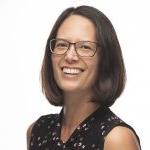
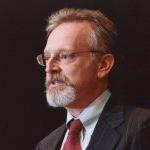

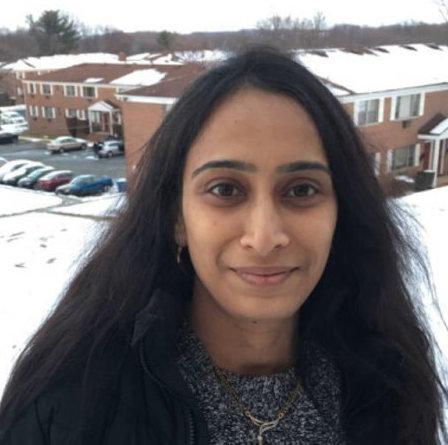



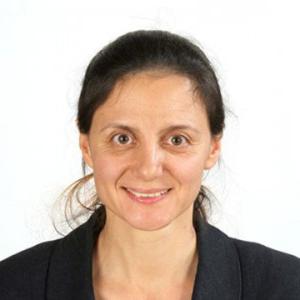
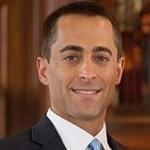



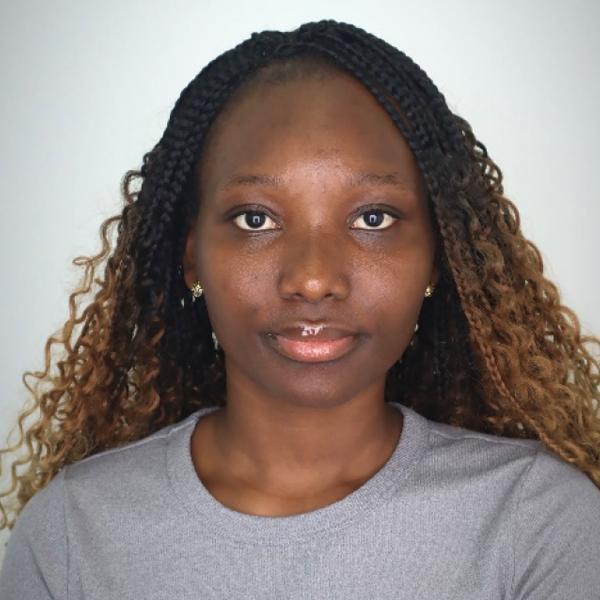 Mary Asumang
Mary Asumang
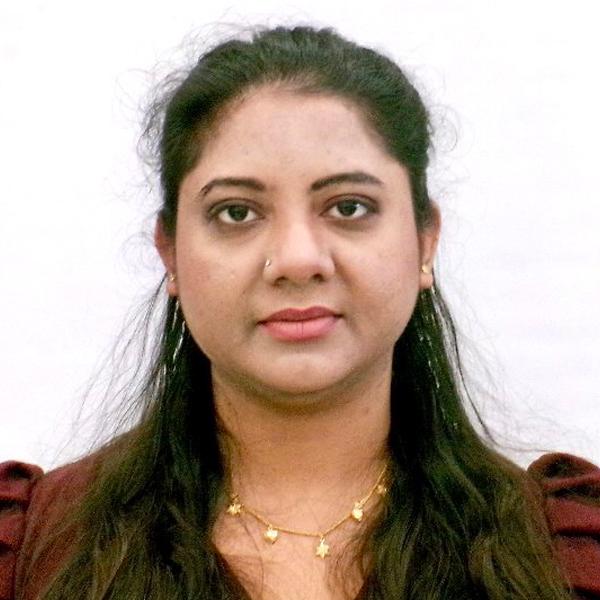 Sarpita Ghosh
Sarpita Ghosh